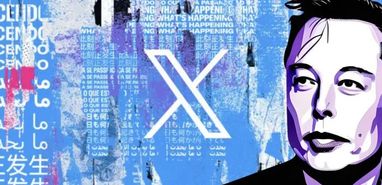
Elon Musk has recently expressed concerns about his safety, drawing parallels to the situation of Pavel Durov, the founder of Telegram, who was recently arrested. This has sparked significant media attention, and Musk has become increasingly vocal about the matter.
In response to a suggestion that he should reconsider his travel plans, Musk indicated that he might limit his travel to countries where freedom of speech is constitutionally protected. This statement comes as Musk faces growing scrutiny over his ownership of X (formerly Twitter), a platform known for its controversies, political debates, and misinformation.
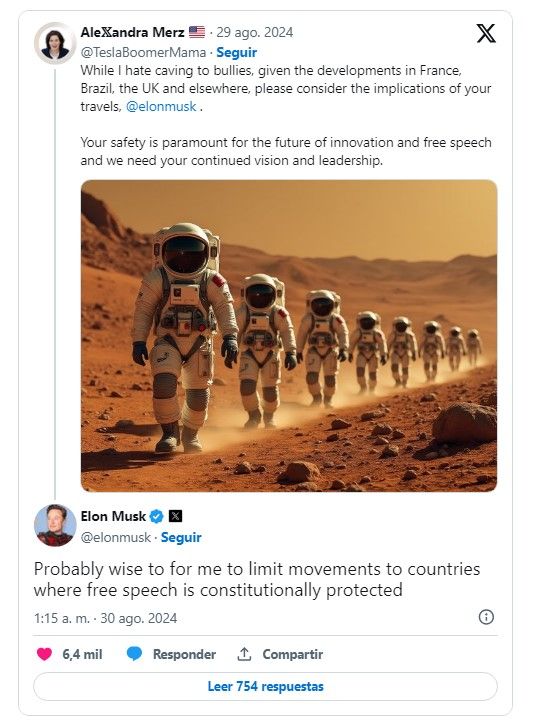
Musk’s concerns highlight his belief that X might be in a precarious position similar to that of Telegram. He stated, “It might be wise to restrict my movements to countries where freedom of speech is constitutionally protected.”
Since acquiring X in 2022, Musk has faced global criticism over the platform’s role in spreading misinformation. Similar to Durov, Musk has been criticized for not implementing stricter content moderation policies, allowing the platform to be used for spreading fake news.
A notable example of this is the flood of misinformation surrounding U.S. elections, a problem that social platforms have long struggled to address.
Elon Musk: Navigating Dangerous Times
Pavel Durov, the head of Telegram, was arrested on August 24 near Paris on charges related to illegal activities. Musk condemned the arrest, labeling it a violation of free speech and describing these as “dangerous times.”
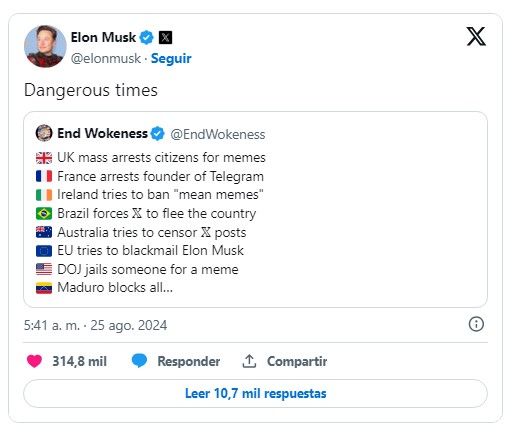
French President Emmanuel Macron, however, dismissed claims that Durov’s arrest had political motivations related to the ongoing Russia-Ukraine war, branding them as “false information.” Despite Macron’s statements, public opinion often leans towards seeing this as politically motivated, reflecting frustrations over the European Union’s handling of the issue.
Is Elon Musk Truly at Risk?
X faces intense global scrutiny for its role in the spread of misinformation. While X is not the only platform facing these accusations, the issue is complex and widespread. Musk, who has been a vocal critic of governments such as those in Venezuela and Brazil, is currently entangled in a legal dispute in Brazil. The Brazilian government has even threatened to ban X within its borders for not blocking accounts accused of spreading misinformation.
If Musk’s travel restrictions materialize, it could signify a significant shift in how tech leaders navigate international law and freedom of expression. Amid this politically charged environment, social platforms are becoming key tools in geopolitical conflicts, potentially making them vulnerable targets.


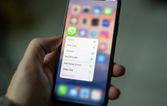
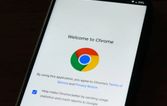




By Andrej Kovacevic
Updated on 10th March 2025